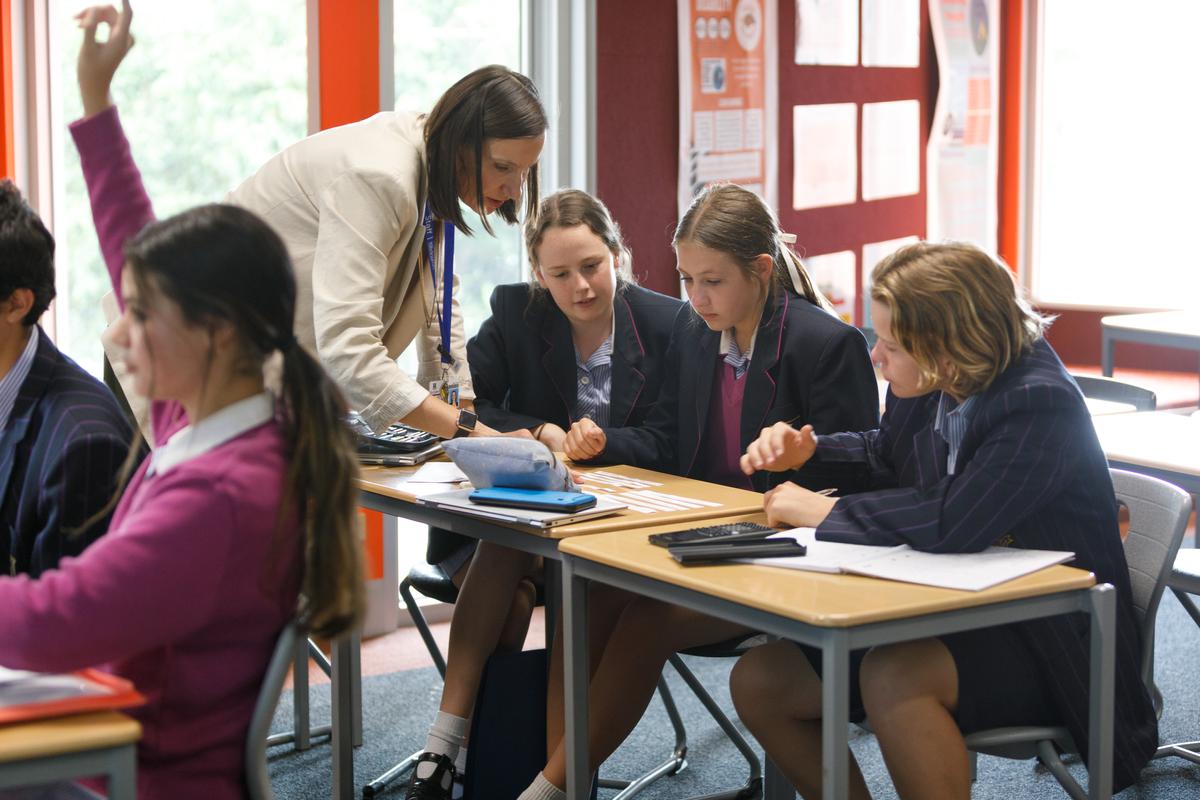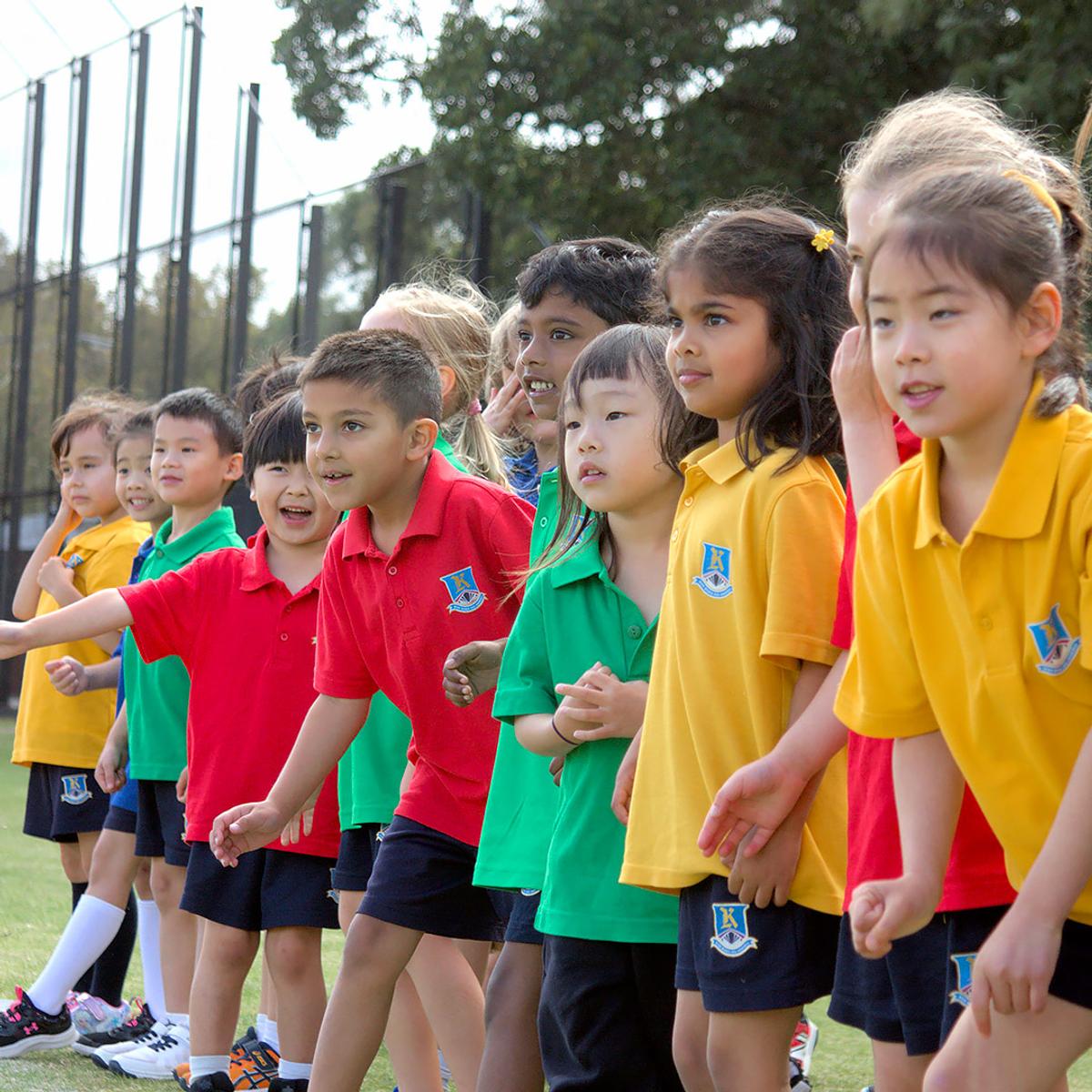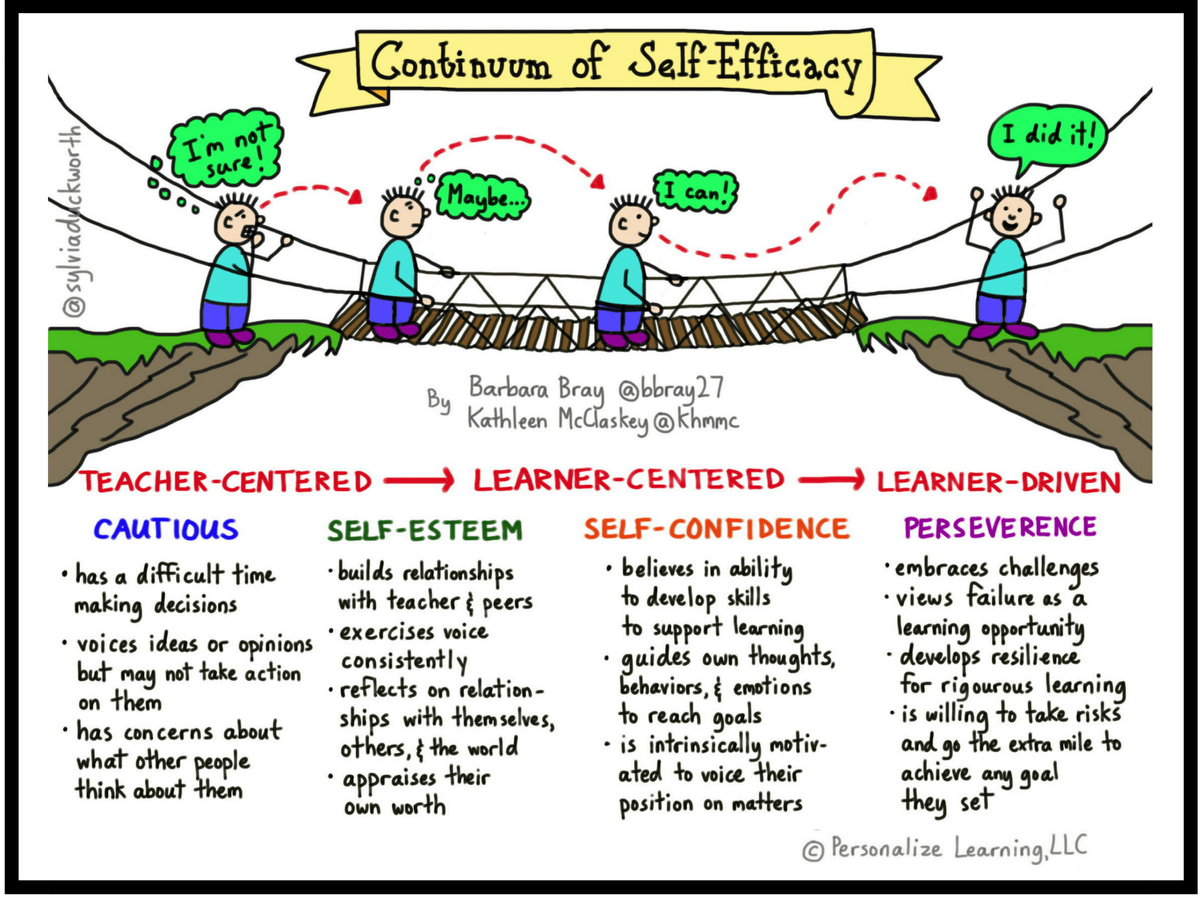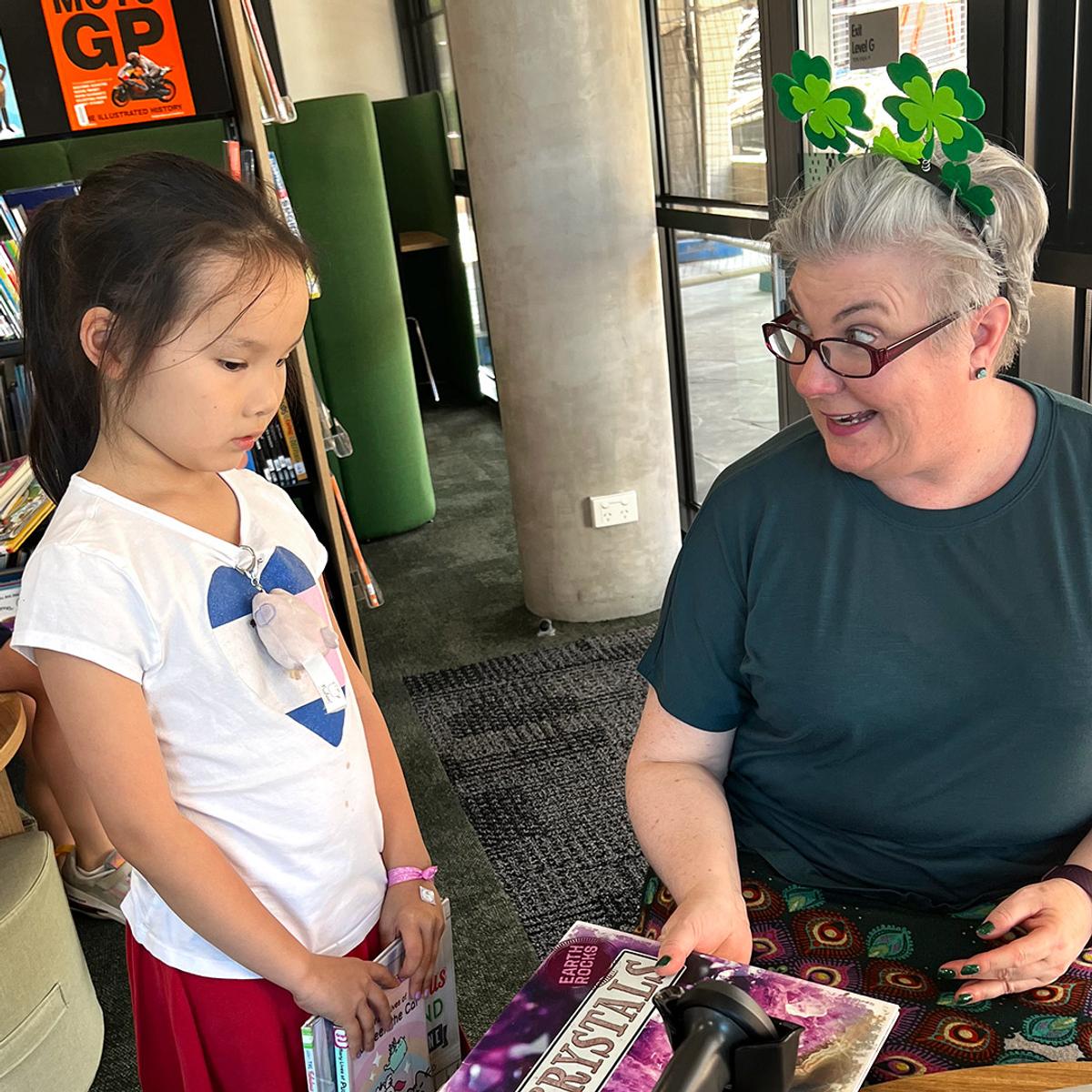From the Leadership Team

Building self-efficacy in students
Julia Padgett, Deputy Principal
As we reach the end of Semester 1, classroom tasks begin to grow more challenging, and assessments in Senior School start to ramp up, leading students to question their ability to complete tasks and attain success. The concept of self-efficacy becomes increasingly important during this time.
SELF-EFFICACY EXPLAINED
Self-efficacy is our belief in our ability to successfully complete a task or achieve a goal. When we believe in our ability to perform a task — whether it’s undertaking a test or mastering a new technology — we are prompted to act.
At Kilvington, cultivating self-efficacy in our students is a central focus across both the Junior and Senior School levels.
Psychological research suggests that when we have a robust sense of self-efficacy, we tend to approach goals, tasks and challenges with a positive and proactive mindset. We exhibit resilience by quickly recovering from setbacks and perceive problems as opportunities for mastery.
However, low self-efficacy can lead us to avoid tasks, as we may perceive situations as beyond our capabilities.
STRATEGIES TO BUILD STUDENT SELF-EFFICACY
So, how can we build self-efficacy within students? Here are some of the high-level strategies we use at Kilvington, and that parents can apply at home:
- Foster a supportive learning environment. We cultivate an environment where mistakes are regarded as part of the learning process and where open communication is encouraged. By providing encouragement, rather than criticism, young people are better able to navigate setbacks.
- Help to set realistic goals. We help studentsestablish attainable yet challenging goals. By breaking down larger objectives into manageable steps, students are able to feel a sense of accomplishment and competence.
- Provide constructive feedback. We offer specific and constructive feedback that highlight areas of improvement while acknowledging accomplishments. Cultivating a growth mindset allows students to view setbacks as opportunities.
- Acknowledge effort. We recognise and praise effort and perseverance rather than focus solely on outcomes. This helps students to understand that effort yields results.
- Lead by example. Wemodel resilient behaviour by demonstrating perseverance and problem-solving skills. Children often emulate the behaviour of those around them.
At Kilvington, we aspire for all our learners to feel empowered — to have faith in their abilities and face challenges with confidence and resilience.
As a community, we can collectively contribute to shaping our students' self-efficacy by fostering a nurturing learning environment, both within the school and at home.







